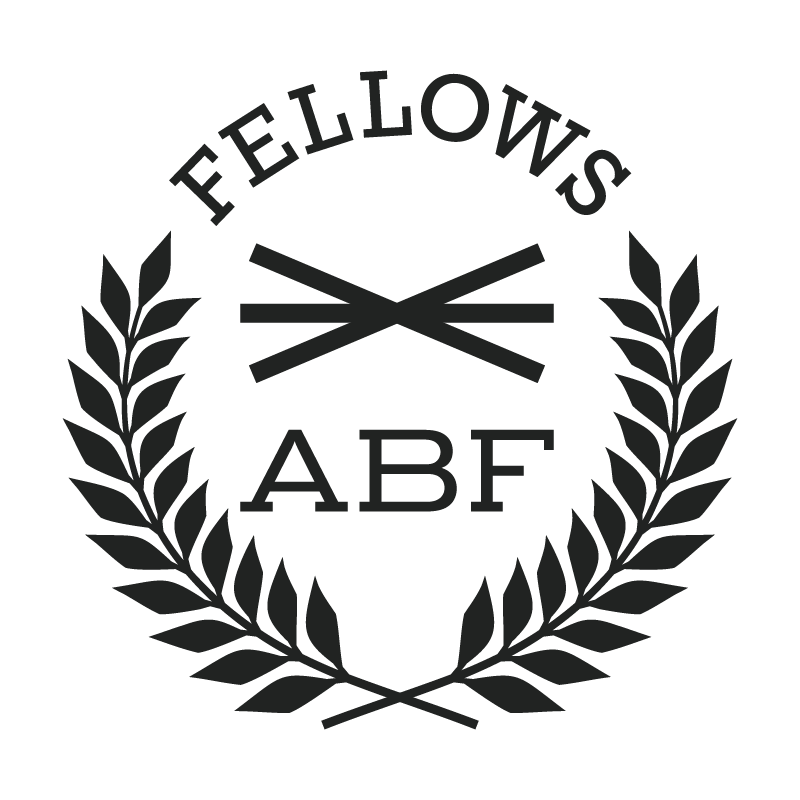2025 April New York Fellows Hybrid Event

Please join the New York State Co-Chairs, Vince Chang and Adrienne Koch for a hybrid lunch and presentation by ABF Research Professor, William G. and Virginia K. Karnes Research Professor of Law at Northwestern University Pritzker School of Law, and Affiliated Professor of History at Northwestern University, Ajay K. Mehrotra.
“Nixon’s VAT: Lawyers, Economists, and the Rise and Fall of the National Value-Added Tax to Fund Education”
12:00 PM ET – Lunch
12:30-1:30 PM ET – Presentation
Location:
Davis Polk
450 Lexington Avenue
New York, New York 10017
Nearly all developed countries have some type of a broad-based, national consumption tax, frequently in the form of a value-added tax (VAT). These levies generate tremendous revenues that often underwrite expansive social-welfare spending – spending that mitigates economic inequality by promoting redistribution.
The United States is a glaring exception. While there are numerous U.S. state and local sales taxes, the federal government has consistently rejected broad-based national consumption taxes. Likewise, the United States has comparative low levels of direct social-welfare spending and high levels of economic inequality. This presentation – which is part of a larger ABF research project exploring the question “why no VAT in the U.S.?” – examines the rise and fall of the Nixon administration’s 1970s national VAT aimed at funding education.
This presentation explores the broader forces, seminal events, and pivotal historical figures that resisted the education VAT during this period. It focuses, in particular, on the epistemic community of tax experts, mainly lawyers and economists, who both supported and opposed a U.S. VAT. Ultimately, recounting the rise and fall of Nixon’s VAT may shed light not only on the peculiar development of the fractured modern American fiscal and social-welfare states, but also on possibilities for future tax reform.
The Fellows gratefully recognize event sponsor:


